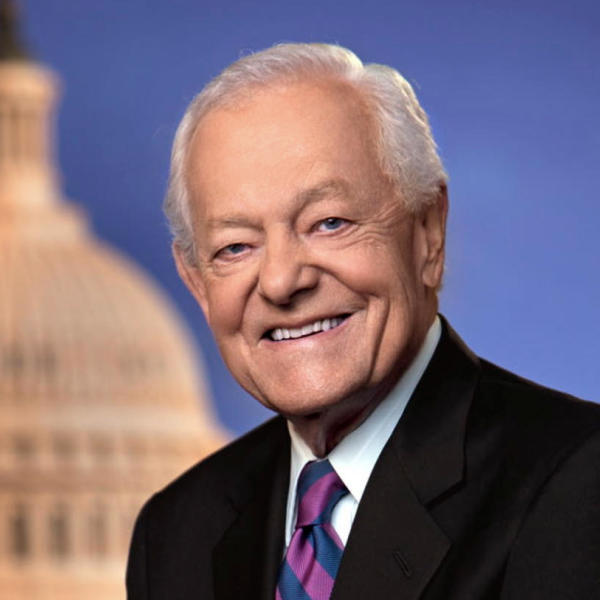Remembering Paul Tibbets
Weekly commentary by CBS Evening News chief Washington correspondent and Face the Nation host Bob Schieffer.
On August 6, 1945, a pilot named Paul Tibbets climbed into a plane named for his mother and flew to Japan on what would be one of the most famous flights in aviation history. The plane was the Enola Gay, and on board was the first atomic bomb ever used in war, which would be dropped directly over city hall in a place called Hiroshima.
In an instant, more than 100,000 people were killed or wounded. Many were vaporized. More would die from radiation poisoning.
The bomb and another dropped at Nagasaki brought an end to the war. And the coming of atomic power marked a turning point in the 20th century.
Tibbets became a national hero, and he expressed no regrets, then or later. He felt the bomb had saved more lives than would have been lost had the war gone on. But as the years passed, the bombing became so controversial that he asked that he be cremated when he died for fear protesters would deface a gravestone.
Yet, when he died last week, his passing drew little comment. His obituary was buried deep inside the major newspapers, and TV gave his passing less coverage than the death of singer Robert Goulet.
In a nation where the median age is now 35, the name Paul Tibbets meant nothing to many.
Not so for those of a certain age. For us, it is a somber reminder that the war we can still remember is getting to be a long time ago.
By Bob Schieffer
